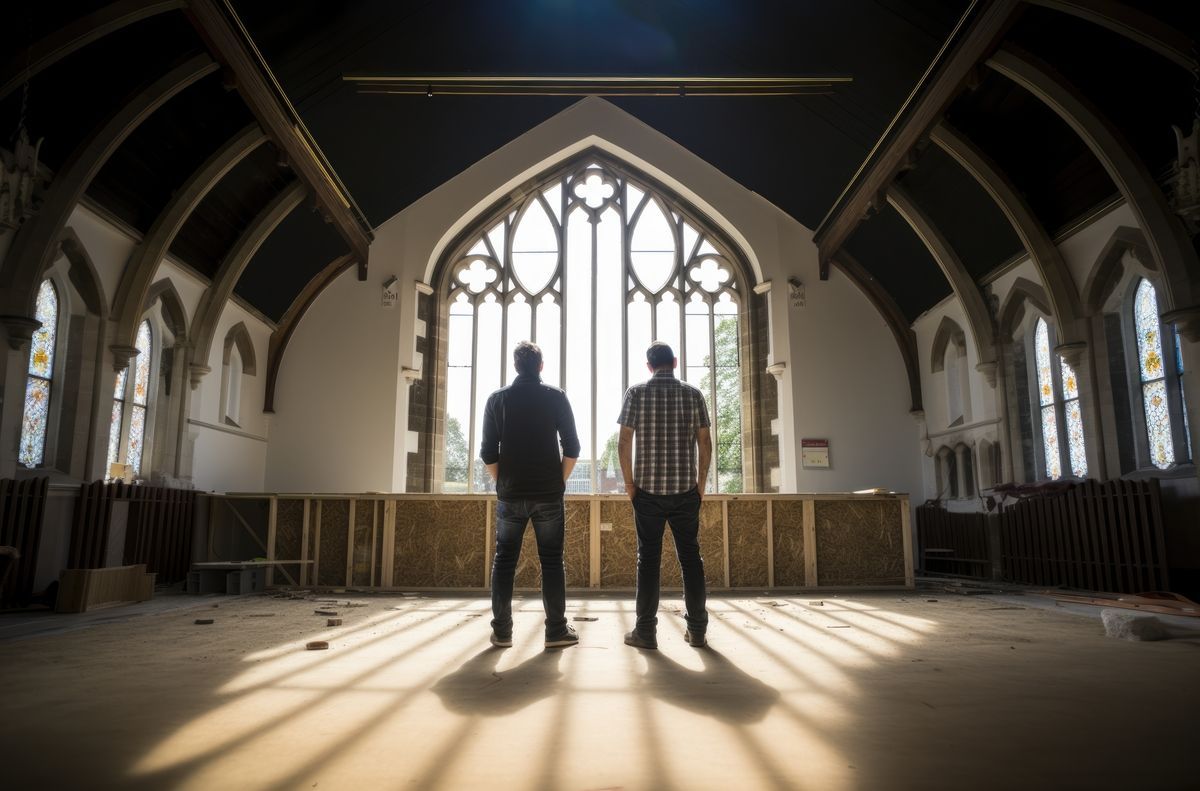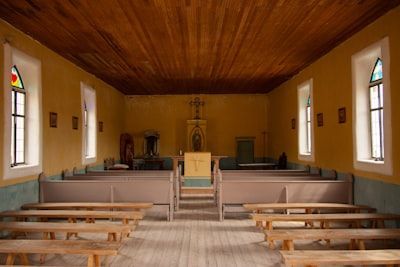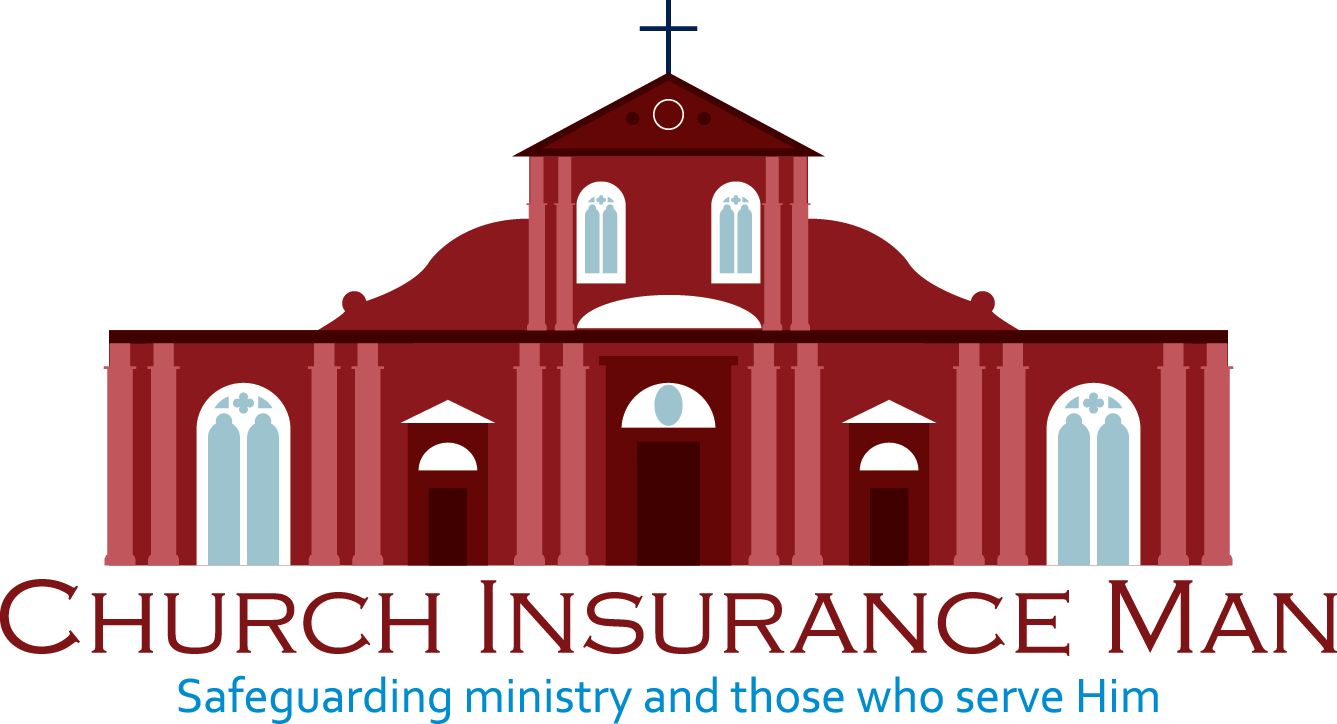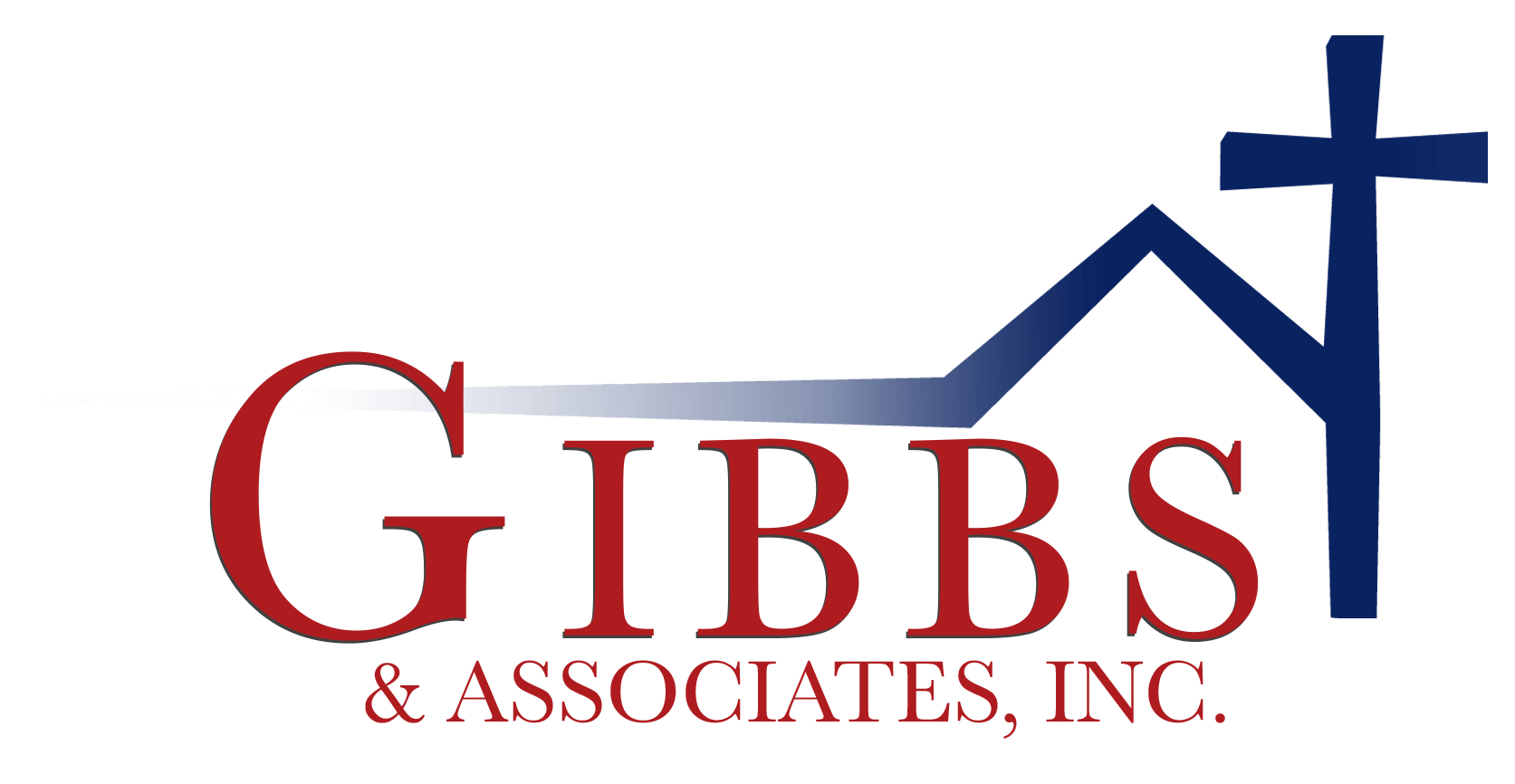A Comprehensive Guide for Church Leaders To Process Claims
Handling insurance claims can be daunting, especially for church leaders who already have plenty on their plate. Understanding how to file an insurance claim properly is crucial for ensuring that your church can quickly recover from any unexpected incidents. Whether it's damage to your property, liability issues, or other covered events, knowing the right steps to take can save your church time and money.
In Georgia, having a clear plan in place for processing insurance claims is especially important due to the variety of risks that churches face. From natural disasters like storms to unforeseen events such as accidents on church property, being prepared helps your church get back to its mission swiftly.
This guide is designed to help church leaders navigate the claims process from start to finish. Church Insurance Man knows that by understanding your insurance policy, taking immediate steps after an incident, following a step-by-step claims process, and managing the claims effectively, you can ensure your church remains protected and operational. Let's dive into the essential aspects every church leader should know to process claims efficiently and effectively.
Understanding Your Insurance Policy
Before an incident occurs, it's vital to fully understand your church's insurance policy. This will help you know what is covered and what steps to take when you need to file an insurance claim. Start by reviewing the declarations page, which outlines the key features of your policy, including coverage limits, deductibles, and the types of incidents that are covered. Knowing these details can help you act quickly and appropriately following an incident.
Make sure to read the fine print, paying attention to any exclusions or special conditions. Sometimes, specific items or types of damage may not be covered by your standard policy. For instance, flood damage might require a separate endorsement. It's crucial to know these details ahead of time to avoid any surprises when you file a claim. If you have questions, don't hesitate to reach out to Church Insurance Man for clarification.
Understanding your policy also involves knowing the documentation requirements for filing a claim. Keep a copy of your policy in an accessible location and ensure that several church leaders are familiar with its contents. Regularly updating this knowledge as your church grows or adds new assets can save you a lot of trouble later. This proactive step ensures you're prepared to file a claim effectively, minimizing delays and increasing the likelihood of a successful outcome.
Steps To Take Immediately After an Incident
When an incident occurs, it's crucial to act swiftly to protect your church and gather the necessary information for your insurance claim. The first step is to ensure the safety of everyone involved. If there are any injuries, call emergency services immediately. Your priority should always be the well-being of your congregation and staff.
Once safety is assured, document the damage as thoroughly as possible. Take clear photos or videos of the affected areas and any damaged items. This visual evidence will be invaluable when you file an insurance claim. Make detailed notes about what happened, including the date and time of the incident, the extent of the damage, and any immediate actions you took.
Next, notify your insurance provider as soon as possible. Most policies require prompt reporting, and delays could affect your claim. Provide them with all the information you've gathered, including your photos, videos, and notes. They will guide you on the next steps, including any additional documentation needed or initial assessments they might conduct.
If the damage requires immediate attention, such as broken windows or water leaks, take temporary measures to prevent further harm. However, keep all receipts and records of these temporary repairs, as your insurance company may reimburse these costs. Acting quickly and efficiently in these initial steps helps set the foundation for a smoother claims process, ensuring that your church can recover and continue its mission without extended disruption.
Filing the Claim: A Step-By-Step Process
Filing an insurance claim can feel overwhelming, but breaking it down into clear steps can make the process more manageable. Start by gathering all the necessary documentation, such as photos, videos, notes, and any temporary repair receipts. These will be integral in supporting your claim. Ensure that you have a copy of your insurance policy on hand to reference any specific details required during the claim process.
Next, contact your insurance provider to report the incident. Provide them with all the collected information and detailed descriptions of the damage or loss. The insurance representative will likely ask for a written statement, so be clear and concise. Ensure you follow their instructions on any immediate actions you may need to take.
After the initial report, your insurance company will assign a claims adjuster to your case. The adjuster will likely schedule a personal visit to inspect the damage. During this visit, be as cooperative and forthcoming as possible, answering all their questions and providing any additional documentation they request. The adjuster's report will heavily influence the outcome of your claim, so thoroughness is key.
Finally, review the settlement offer carefully once it's provided. If you agree with the offer, the next steps will involve repairing the damage or replacing items, often in coordination with your insurer's preferred vendors. If you disagree with the settlement, you have the right to negotiate or seek a second opinion. Following these steps can help ensure that your claim is processed efficiently and that your church receives the support it needs to recover.
Tips for Managing the Claims Process Effectively
Managing a claim efficiently involves several best practices that can streamline the process and improve your chances of a favorable outcome. First, maintain clear and organized records. Keep all correspondence with your insurance company documented, including emails, letters, and notes from phone calls. This can help you track the progress of your claim and serve as evidence if any disputes arise.
Secondly, communicate regularly with your insurance provider. Stay proactive by checking in with your claims adjuster to get updates and ensure that the claim is progressing smoothly. Promptly provide any additional information they may request to avoid unnecessary delays. Clear and consistent communication can help keep your claim on track.
It's also crucial to be patient but persistent. The claims process can take time, and there may be periods of waiting. However, if you feel that your claim is stalling, don't hesitate to follow up. Sometimes, a gentle nudge can move things along.
Lastly, consider consulting with an expert if you encounter complications. Sometimes, the claims process can become complex, and having a professional guide can be beneficial. This can be especially important for large or complicated claims where you might need extra support to navigate the technicalities.
By following these tips, you can manage your claims process more effectively and ensure that your church gets the necessary support to recover and continue its mission.
Conclusion
Filing an insurance claim can be a detailed and sometimes stressful process, but with the right knowledge and preparation, church leaders can navigate it successfully. Understanding your policy, taking immediate steps after an incident, following a clear step-by-step process to file the claim, and managing the process effectively are crucial for a smooth experience.
Being proactive and organized ensures that your church is well-prepared to handle any incidents that come its way. Adequate insurance coverage is a vital part of maintaining your church's operations and focusing on your ministry. Here at Church Insurance Man, we're dedicated to helping churches in Georgia secure the best possible
church insurance package and guide you through the claims process.
Don't wait until it's too late – contact the Church Insurance Man today to ensure your church is fully protected and supported. Let's secure your church's future together.






Preventing Theft Is Paramount
The main idea with higher deductibles is that it incentivizes you to take the proper actions to minimize the potential harm that may come to your property. As such, higher deductibles help you think about ways to sustainably prevent negative situations from forming and occurring within your property. That is why organizational leaders should take great care to implement proper security protocols. Your place of worship or care must comprehensively plan for crime and other property damage instances and minimize them from taking place.
- Watch the entrances. The first and simple step is to minimize the entry points into your church or other facilities. You want to make sure that there are just a few places to enter and exit to minimize hassles on your end.
- Document those who come and go. It is best to understand who is coming and going within your church or other facilities. The more information you have, the better it is for you in adverse situations.
- Have trusted volunteers who roam the facility during large gatherings. You want to make sure that you have a cohort of trustworthy who hover around different key areas during large gatherings and celebrations to enforce security standards in a relaxed manner.
- Minimize cash concentration on-premises. There's a saying that you should not tempt fate. That is a genuine possibility if you keep a concentrated portion of cash within your facility. Those who seek to conduct an extraction operation will have more incentives to perform a heist on your property.
- Provide regular access to trustworthy people. Everyone shouldn't have regular entrance access. Keep your life simple by providing limited access during off-hours.
These principles and tips will help you to minimize issues taking place on your property.
Common Church Theft and Vandalism Risks
Creating A Secure Environment For Parishioners
General Liability Coverage for Churches
Preventing Liability Risks in Churches
The best action is preventative and not reactive. Do your best to implement standards and protocols that minimize the potential situation that risks present to your church.
For instance, if you are cleaning the church, make sure to have signs that state you are cleaning. As such, you are indicating that cleaning is happening, and floors may be wet.
Further, you want to make sure that you have signs present around the facility that show people to be careful in a specific situation. Classic safety measures such as smoke detectors and safety systems, in general, will be crucial and necessary as well.
In addition, more nonprofit organizations are optimizing their buildings to make it accessible for disabled peoples. More organizations also endeavor to check their places frequently and make sure everything is up to par while also keeping emergency supplies like first aid kits on their premises.
There is quite a bit you can do to take a preventive strategy within your organization and minimize your potential liabilities. If you require further assistance with your insurance policies and would like to have more information about the steps you can take to improve your overall situation, reach out to us. We will be pleased to find the best solution for your needs and provide the insurance services that your church requires.
Insurance Packages for Churches In Georgia
Make sure that your church is protected. Learn more about our insurance services for churches in Georgia, including umbrella liability, business automotive, and church packages to protect your organization. Contact us today to chat about how we can help your church obtain great coverage to safeguard your ministry.
Get a Quote
Get a Quote
We will get back to you as soon as possible.
Please try again later.





